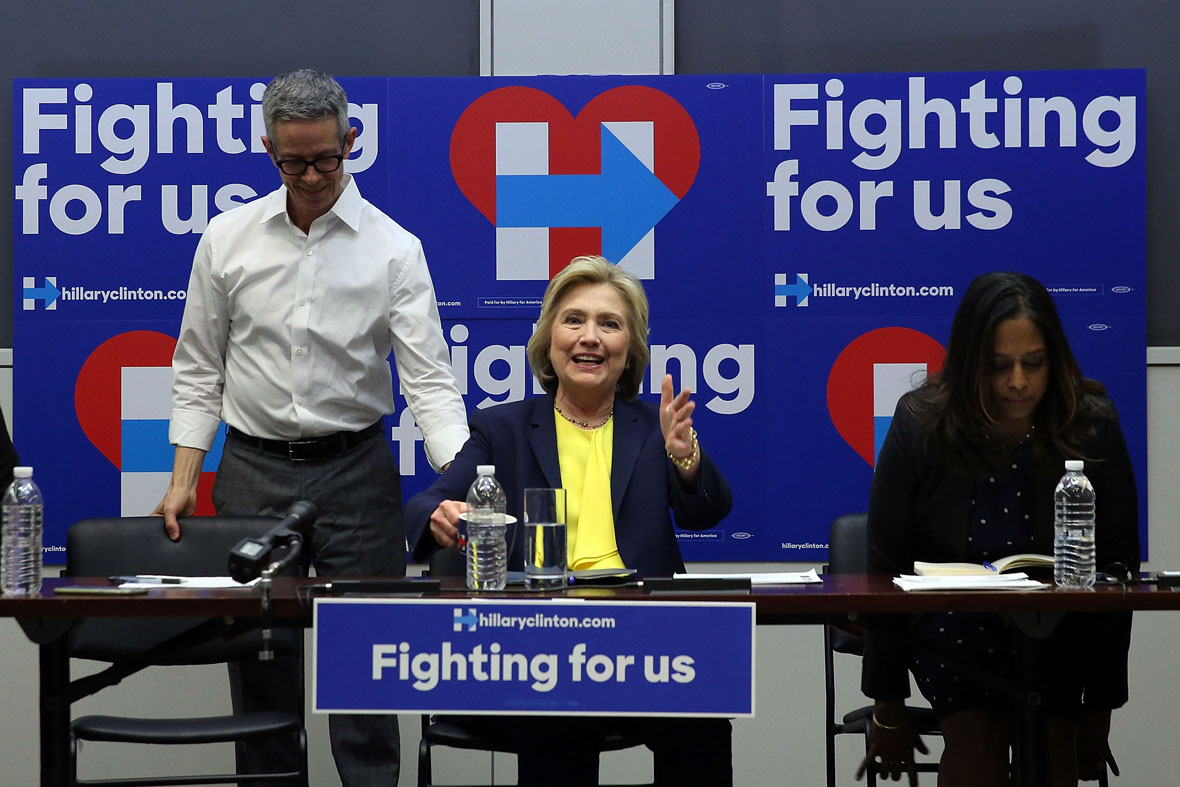Both Hillary Clinton and President Obama have recently signaled support for a so-called “public option” – a government-run insurance plan competing with private plans on the ACA exchanges. The idea, as Clinton’s campaign website puts it is to “to reduce costs and broaden the choices of insurance coverage for every American.” But what does this mean in practice, beyond the rabble-rousing rhetoric of a political campaign? And would it actually “reduce costs” and “broaden…choices”?
“It’s not even clear whether a public option would necessarily get lower rates than insurers on the exchanges.”
Probably not.
Public option: theory
At its core, a government-run insurance plan would take advantage of its buy-side market power to drive lower prices. That’s how single-payer systems are able to dictate prices, and it’s similar to how Medicare and Medicaid do so as well. After all, physicians, hospitals, and pharmaceutical companies have little choice but to either accept the prices from the biggest players in the market.
And it’s possible, if this government-run plan is able to drive prices low enough, for similar care of similar quality to be delivered at lower prices. Moreover, there are potential administrative savings. Medicare’s low administrative costs – some 2 percent of operating expenditures – are often cited as examples of these potential savings.
Taken together, the administrative savings and cost savings can make the plan more affordable to potential enrollees. This is particularly important to those who are “not-quite-poor” (those eligible for some bare minimum premium tax credits and cost-sharing subsidies), for whom insurance would become more attractive. Achieving universal insurance coverage would certainly become more realistic.
But the reality of a public option might not be as rosy...
Read the entire piece here on Forbes
______________________
Yevgeniy Feyman is an adjunct fellow at the Manhattan Institute and a senior research assistant at the Department of Health Policy and Management at the Harvard School of Public Health. Previously, he was MI's deputy director of health policy. Follow him on Twitter here.
This piece originally appeared in Forbes
